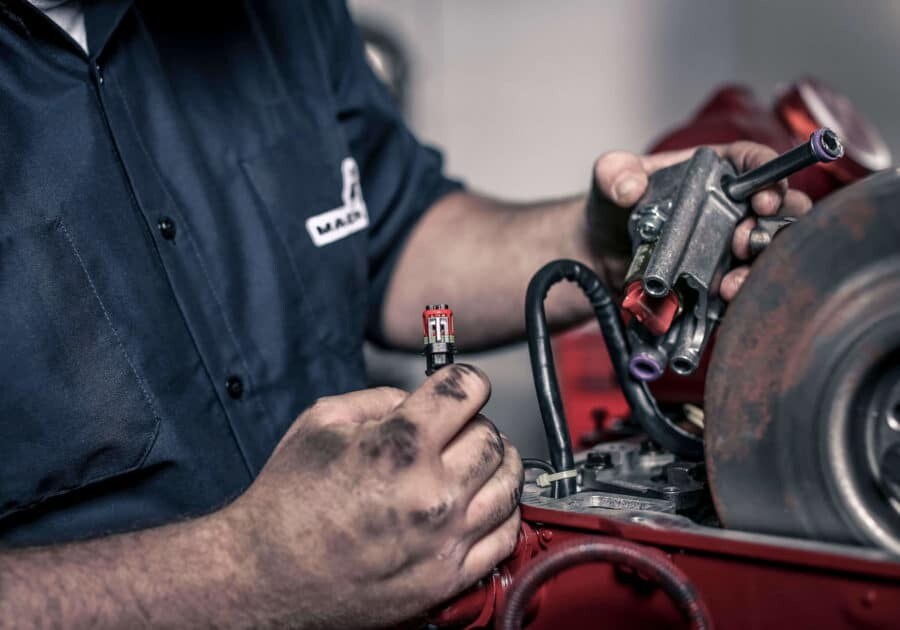
Image Source: Google
As a truck driver, it is important to have a good understanding of the various parts of your vehicle in order to ensure optimal performance and safety on the road. Knowing the essential truck parts can help you identify potential issues, perform routine maintenance, and make informed decisions when it comes to repairs.
You can also contact TRUCKS NZ if you are looking for the best truck parts. Here are 10 essential truck parts that every driver should know about:
1. Engine: The engine is the heart of your truck and is responsible for powering your vehicle. It is important to understand how the engine works, how to check fluid levels, and how to recognize signs of potential engine trouble.
2. Transmission: The transmission is responsible for transferring power from the engine to the wheels. It is important to understand how to operate the transmission, how to check fluid levels, and how to recognize signs of transmission problems such as slipping gears or grinding noises.
3. Brakes: The brakes are essential for stopping your vehicle safely. As a truck driver, it is crucial to know how to check and maintain your brakes, including checking brake pads and rotors, monitoring brake fluid levels, and recognizing signs of brake wear or failure.
4. Tires: Tires are the only point of contact between your truck and the road. It is important to understand how to check tire pressure, monitor tire tread depth, and recognize signs of tire damage or wear. Properly maintained tires are essential for safe driving and optimal fuel efficiency.
5. Suspension: The suspension system is responsible for providing a smooth and comfortable ride, as well as maintaining proper handling and stability. It is important to know how to check and maintain your suspension system, including checking shock absorbers, struts, and springs.
6. Cooling system: The cooling system is essential for regulating the temperature of your engine and preventing overheating. It is important to understand how to check coolant levels, monitor the radiator, and recognize signs of cooling system problems such as leaks or overheating.
7. Fuel system: The fuel system is responsible for delivering fuel to the engine for combustion. It is important to know how to check fuel levels, monitor fuel filters, and recognize signs of fuel system issues such as poor fuel economy or engine misfiring.
8. Electrical system: The electrical system is responsible for powering various components of your truck, including lights, windshield wipers, and the radio. It is important to understand how to check fuses, monitor battery levels, and recognize signs of electrical system problems such as dimming lights or electrical malfunctions.
9. Exhaust system: The exhaust system is responsible for safely venting exhaust gases from the engine to the outside of the vehicle. It is important to know how to check for exhaust leaks, monitor emissions levels, and recognize signs of exhaust system issues such as loud noises or foul odors.
10. Steering system: The steering system is essential for controlling the direction of your truck. It is important to understand how to check steering fluid levels, monitor steering components such as the steering rack and steering column, and recognize signs of steering system problems such as difficulty steering or unusual noises when turning.
By familiarizing yourself with these essential truck parts, you can become a more informed and confident driver. Knowing how to identify and address issues with these key components can help you prevent breakdowns, prolong the life of your vehicle, and ensure a safe and smooth driving experience. Take the time to learn about these essential truck parts and incorporate regular maintenance checks into your routine to keep your truck running smoothly on the road.